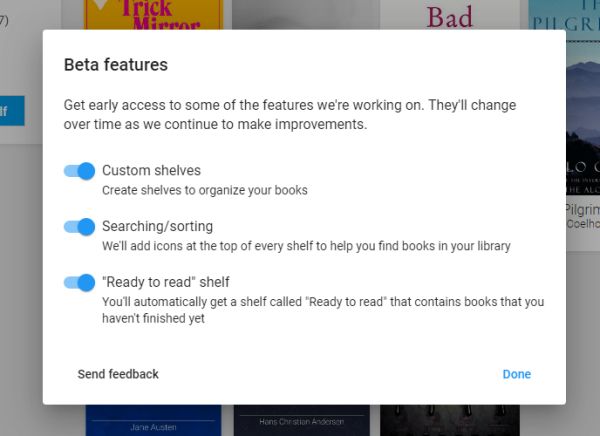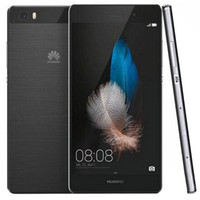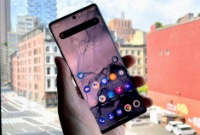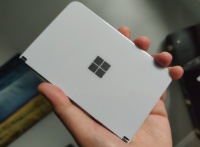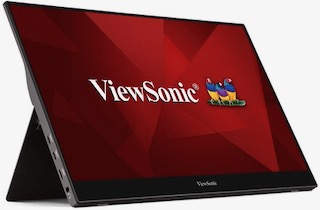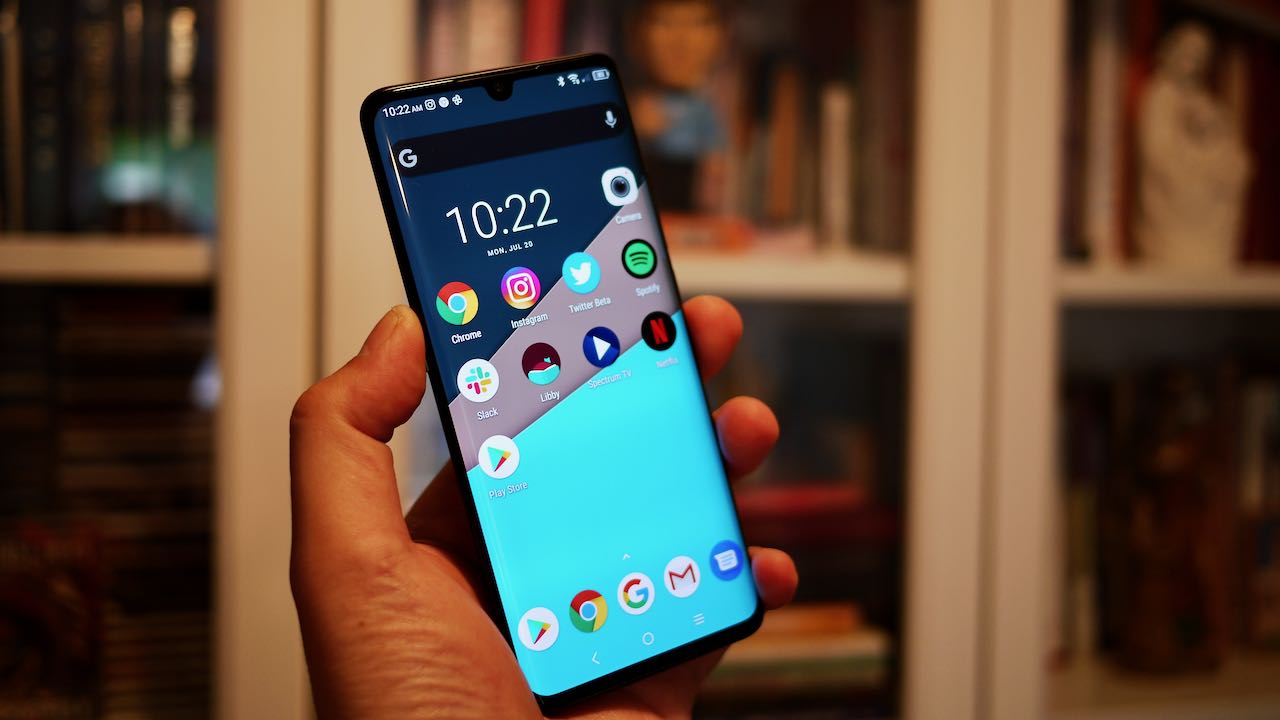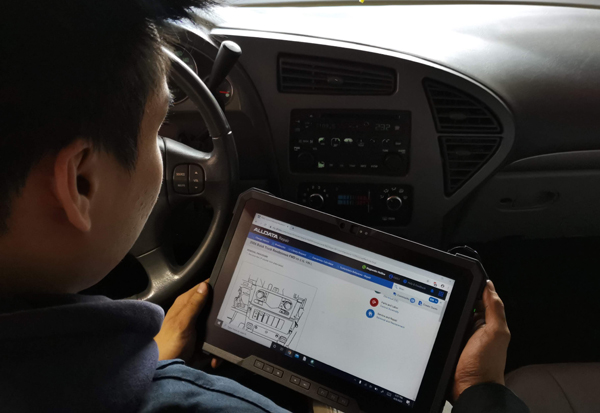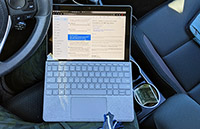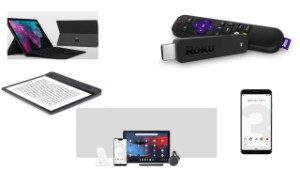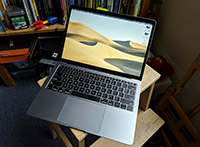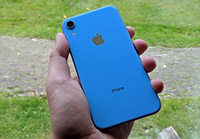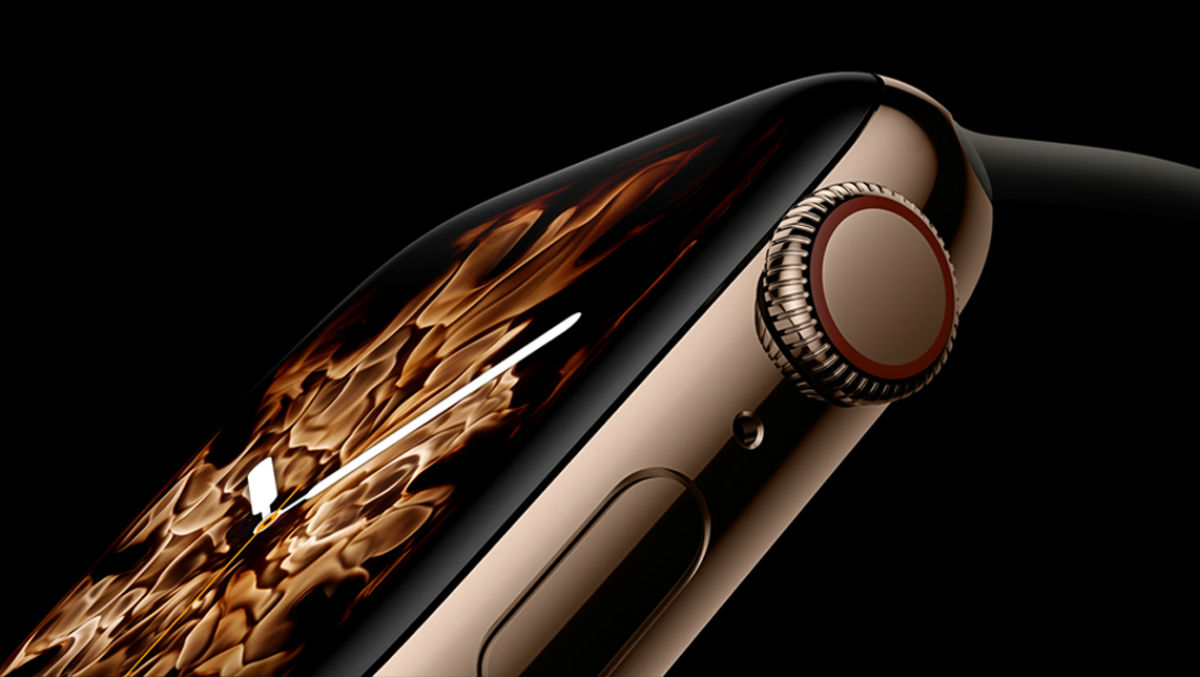
After promising users that its original shows will be available as ad-supported programming, YouTube is sticking to its word. The Google subsidiary will be making its Originals series, movies, and live events released starting September 24th and beyond free to watch. But it will come with ads for "non-members" or those who don't subscribe to its Premium service. There will still be content that will remain exclusive to Premium subscribers. And there will be some that will be available to the general public, but these will come with ads and they will be available for a limited time for non-members. Also, some older seasons and content will have a windowing period of availability.
Premium subscribers will still get perks as well as some new features. They still don't get ads, and they get immediate access to every episode of a show's new season. Meanwhile, non-members have to wait for each new installment to be released. Plus they get exclusive access to director's cuts and bonus scenes when they're available. There's also a new "Recommended downloads" section in the app's Library tab to help with content discovery. It's now possible to switch between a song and a music video with a tap of a button. And Android users can automatically download up to 500 songs from their Liked Songs list and other playlists.
Source: Engadget + 9to5Google
 Monday, August 19, 2019 at 11:26PM
Monday, August 19, 2019 at 11:26PM 